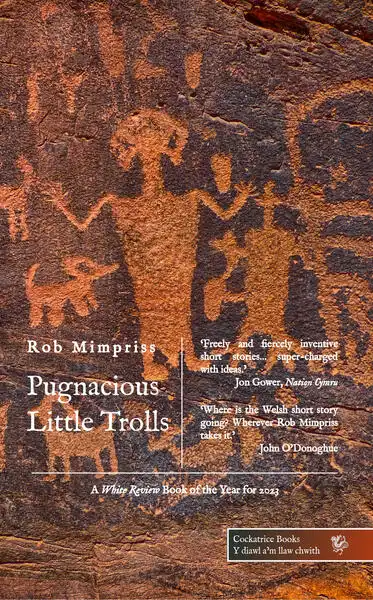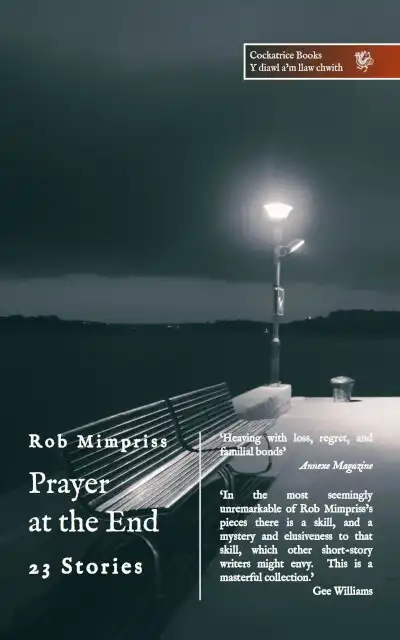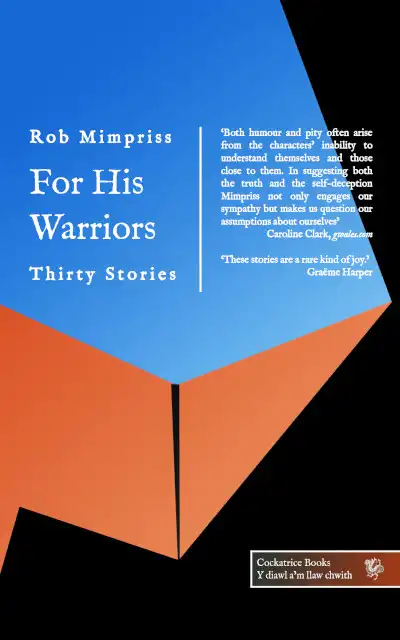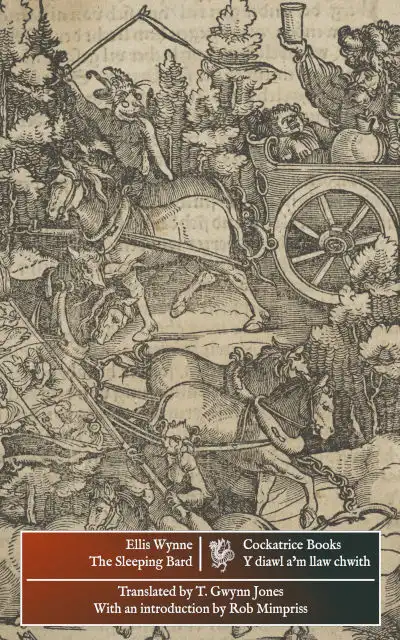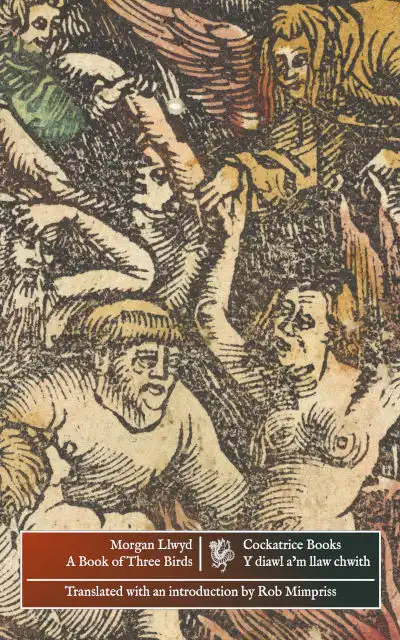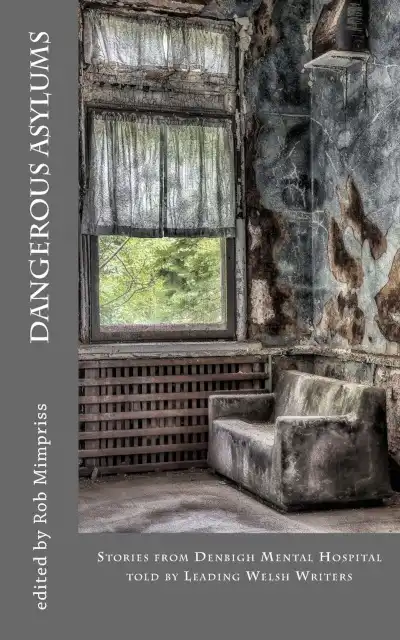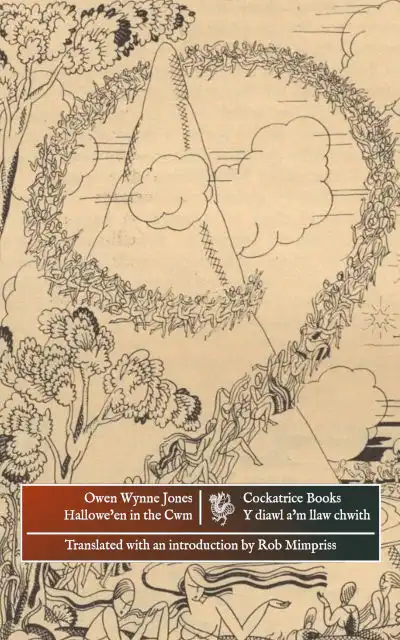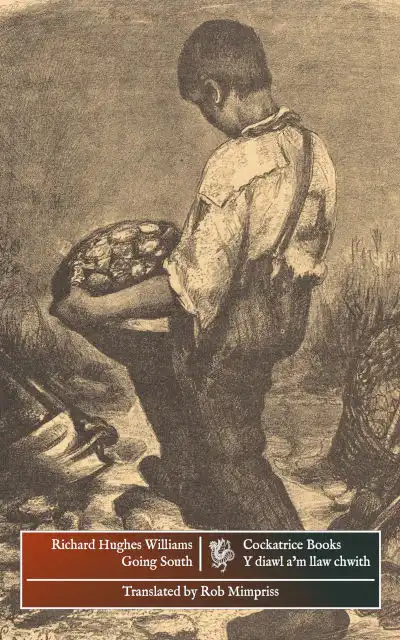Laboratories of the Spirit, a debate between Rowan Williams, former Archbishop of Canterbury, and Barry Morgan, Archbishop of Wales, chaired by Prof. M. Wynn Thomas, was held at Taliesin Arts Centre, Swansea, 1st November 2013. This review appeared in New Welsh Review 102 (Winter, 2013-2014) online.
Did R.S. Thomas believe in God? The question was put by M Wynn Thomas, a professor of literature at Swansea University, to Barry Morgan, the current Archbishop of Wales, and Rowan Williams, the former Archbishop of Canterbury, at a public discussion of faith in R.S. Thomas’s work. The prompt was a video clip in which John Osmond asks R.S. Thomas whether his rôles as poet and priest conflict. No, he replies, because poetry is metaphor, and religion is also metaphor. He sees no conflict between administering the Christian sacraments, which are metaphor, and administering the metaphor of poetry.
R.S. Thomas’s comment is perhaps deliberately evasive, and ignores the other meaning of Osmond’s question, whether the time he spent as a poet kept him from fulfilling his duties to his parish. Rowan Williams seemed anxious to defend his record as a priest. Young people remembered him fondly, and his sermons were clear and accessible. He would spend whole nights at the bedsides of the dying, or drive parishioners to see their relatives in hospital at Bangor from his parish in Llŷn, a round trip of eighty miles. His remark, argued Barry Morgan, is less alarming than it sounds, for R.S. Thomas does not state that religion is merely metaphor. He is not a systematic theologian, and does not pretend to an unambiguous faith, yet his work shows a deep conviction of the centrality of Jesus, of the centrality of his death and resurrection, and of the human-centred hope expressed in God’s future kingship.
Barry Morgan provided ‘In a Country Church’ and ‘In Church’ as evidence of R.S. Thomas’s poetic faith (Selected Poems 1946-1968. Bloodaxe, 1986. pp. 43, 94); Rowan Williams provided the later poem, ‘Raptor’ (in No Truce with the Furies. Bloodaxe, 1995. p. 52). Their choices highlight their different angles on his work. For Barry Morgan the poetry is always finally reassuring: R.S. Thomas questions, but always returns to the central tenets of the Christian faith, like the Hebrew psalmists who question but always reaffirm the power and goodness of God. Answers are given to those who pray, even if those answers take the form of a silence and a cross, untenanted or rich with human flesh. For Rowan Williams the poetry is more open-ended and disturbing. God is unknowable, implicit in the cruelty of the natural order, which fascinates R.S. Thomas, a threat as much as a comfort to the believer, and a God who like Kierkegaard’s God transcends ethics, who might indeed demand that Abraham kill his own son. The language of the poetry is always ambiguous. God, screaming, fastens his talons in his worshippers as much as his adversaries, though whether in rescue or predation is unclear; one can nail one’s questions to the cross, perhaps in despair that they will be answered.
Then was R.S. Thomas, as John Barnie suggested, an atheist in all but name? Wynn Thomas sees the poetry as arising from discomfort, as ‘pain seeking its echo.’ For Barry Morgan, R.S. Thomas’s quest for God is urgent and inescapable and the figure of Jesus impossible to let go; for Rowan Williams, the transcendent God is the only thing worth writing about, the necessary starting point of his poetry. Moreover, Rowan Williams offers anecdotal evidence to contradict John Barnie’s claim, since it seems he asked the elderly R.S. Thomas this very question. ‘It is not whether God exists,’ he replied, ‘but what kind,’ still as opaque and unreachable as the God he sought.




